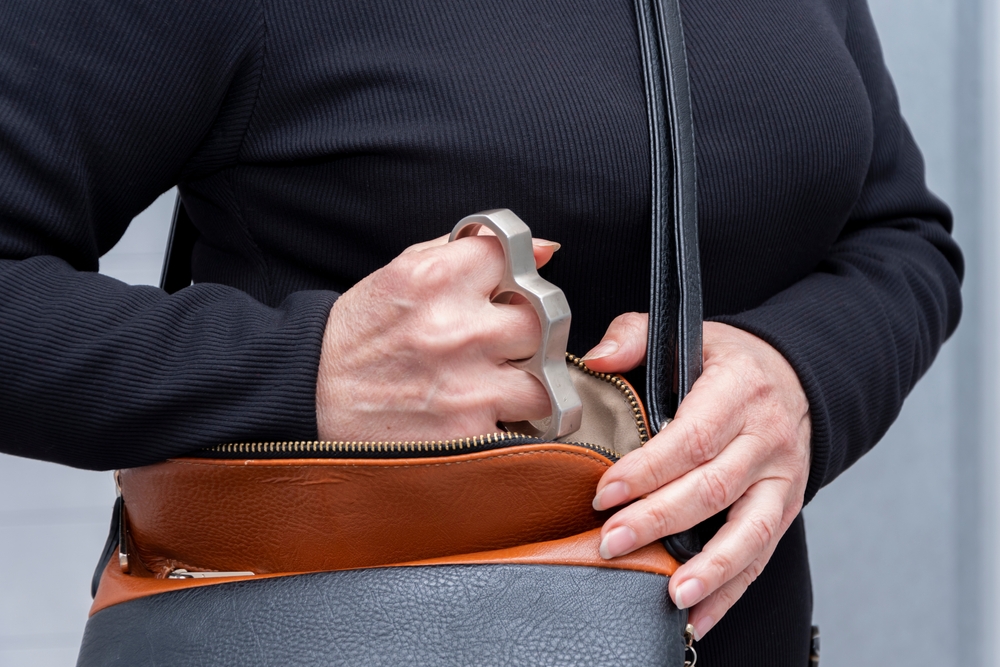What Is the Castle Doctrine?

The Castle Doctrine is a legal defense that can be used by defendants who have used deadly force against another individual. The doctrine allows defendants to claim their actions were necessary for self-defense against death, serious bodily injury, kidnapping, or rape.
To successfully assert the defense, the defendant must prove that the victim was either entering or had already entered their dwelling, residence, or vehicle without authorization when they took defensive action.
In such cases, there may be an assumption that the defendant’s actions were necessary and reasonable under the circumstances.
Additionally, the judge must provide the jury with this instruction for them to consider this defense. Whether the jury receives instruction regarding Castle Doctrine will depend on the facts presented at trial. If the jury does not receive instruction from the court, then the defendant may not use this defense.
Consulting with a skilled criminal defense attorney can be crucial in ensuring that this defense is properly asserted and considered by the court.
Quick Navigation Menu
Presumptions Under The Castle Doctrine
Under California law, there is a legal presumption that residents who find themselves in specific circumstances reasonably fear for their safety. This presumption is essential as it can help establish a valid self-defense claim if force is used against an intruder. The circumstances that trigger this presumption are as follows:
- An intruder or burglar unlawfully and forcibly entering or attempting to enter the home;
- Knowing or believing that such an intruder had entered;
- The intruder is not a member of the household or family.
In these situations, the law acknowledges that residents are likely to feel threatened and may need to take action to protect themselves and their property.
It’s important to note that just because a defendant has raised the Castle Doctrine defense does not guarantee acquittal; instead, it shifts responsibility to the state to disprove any claims made by the defendant that their use of force was necessary for self-defense.
When Does the Castle Doctrine Not Apply?
It can be tempting to assume that the “Castle Doctrine” applies anytime someone is on your property, but this isn’t always true. In one example, a homeowner attempted to use the doctrine against a handyman on their front porch.
This defense ultimately failed as it was ruled that a reasonable person would expect people to come onto an unenclosed front porch for legitimate reasons (such as providing services).
It’s important to remember that even when using deadly force within one’s own home as a form of self-defense, there can still be legal consequences in some situations.
Castle Doctrine vs. Stand Your Ground
The Castle Doctrine is a legal principle that applies to a person’s residence. It grants people the right to use reasonable force—including deadly force—to protect themselves against an intruder who has illegally entered their home.
 Stand-your-ground laws are different in that they don’t only apply to a person’s home. While California isn’t technically a “stand your ground state,” it has similar laws that have largely the same effect.
Stand-your-ground laws are different in that they don’t only apply to a person’s home. While California isn’t technically a “stand your ground state,” it has similar laws that have largely the same effect.
The defense is referred to as “justifiable homicide,” which allows individuals to use reasonably deadly force outside of their residence in certain situations. There is no duty to retreat, even if you aren’t in your home.
An individual may use deadly force if they feel threatened with serious physical injury or death while in any place they have a right to be in. This remains true so long as they haven’t initiated the altercation or instigated a fight by doing something wrong first.
How a Lawyer Can Help With Your Castle Doctrine Case
If you are facing charges and believe you have a castle doctrine defense, having a lawyer by your side can make all the difference. Here’s how they can help:
Gather Evidence
An experienced lawyer knows how to gather evidence related to your case and how to use it effectively. They will investigate witnesses, collect documents, and examine physical evidence that may be relevant to your defense. They will determine how to best present the evidence in court to support your defense and increase your chances of success at trial.
Negotiate With Prosecutor
An experienced criminal defense lawyer knows how to negotiate with prosecutors on behalf of their clients and get them the best possible outcome for their cases. Your lawyer can present evidence of self-defense before your case goes to trial in hopes that the prosecutor will reduce or dismiss the charges.
Defend You at Trial
If negotiations fail and there is no plea deal available, you may have to go to trial. At this stage, having an experienced lawyer is essential because they know how the criminal justice system works.
They understand what types of questions are appropriate during cross-examination and how to craft strong closing arguments that show why you should be found not guilty of the charges against you.
Contact a Trusted Los Angeles Criminal Defense Attorney for Help With Your Case
If you find yourself in need of legal advice on any matter related to self-defense, it’s best to contact a qualified Los Angeles criminal defense lawyer who can help clarify your rights under California law.

CONTACT A CRIMINAL DEFENSE ATTORNEY
Facing criminal charges in Los Angeles? Trust The Rodriguez Law Group Los Angeles Criminal Defense Attorneys to secure the best possible outcome. Our experienced criminal defense lawyers have 20+ years of expertise in handling criminal cases.


